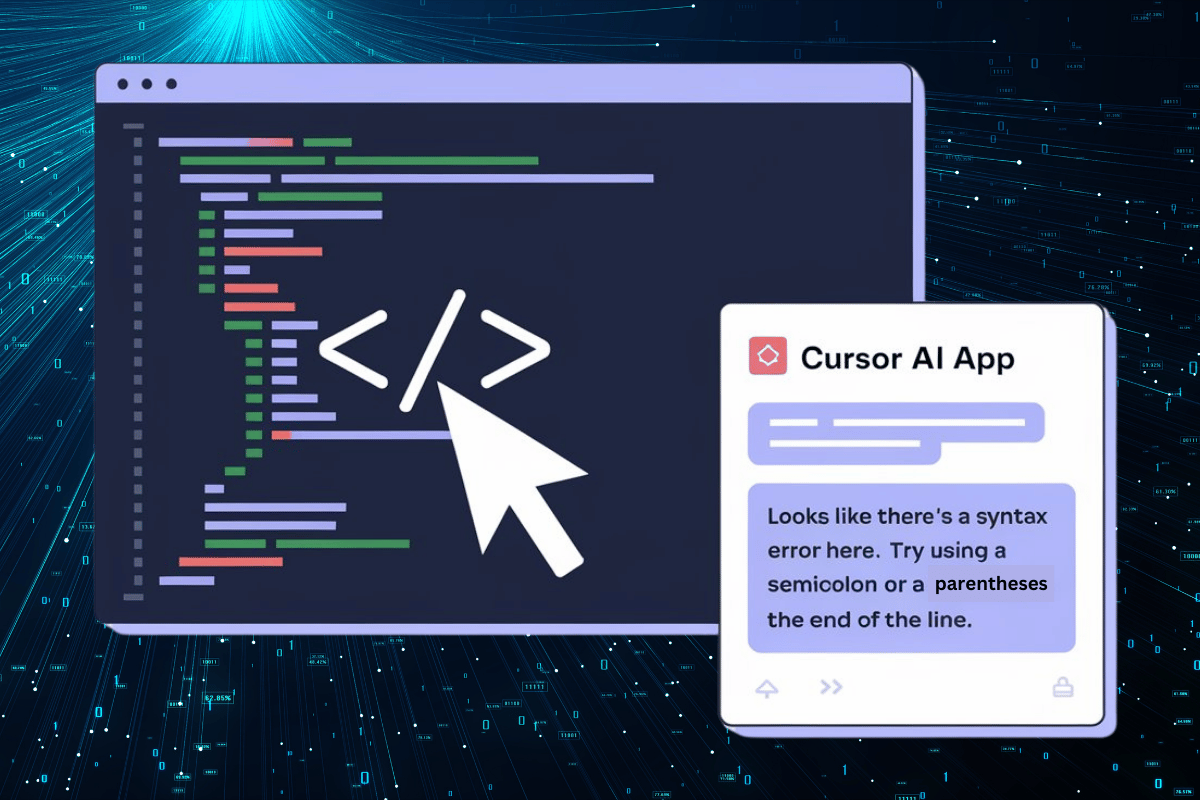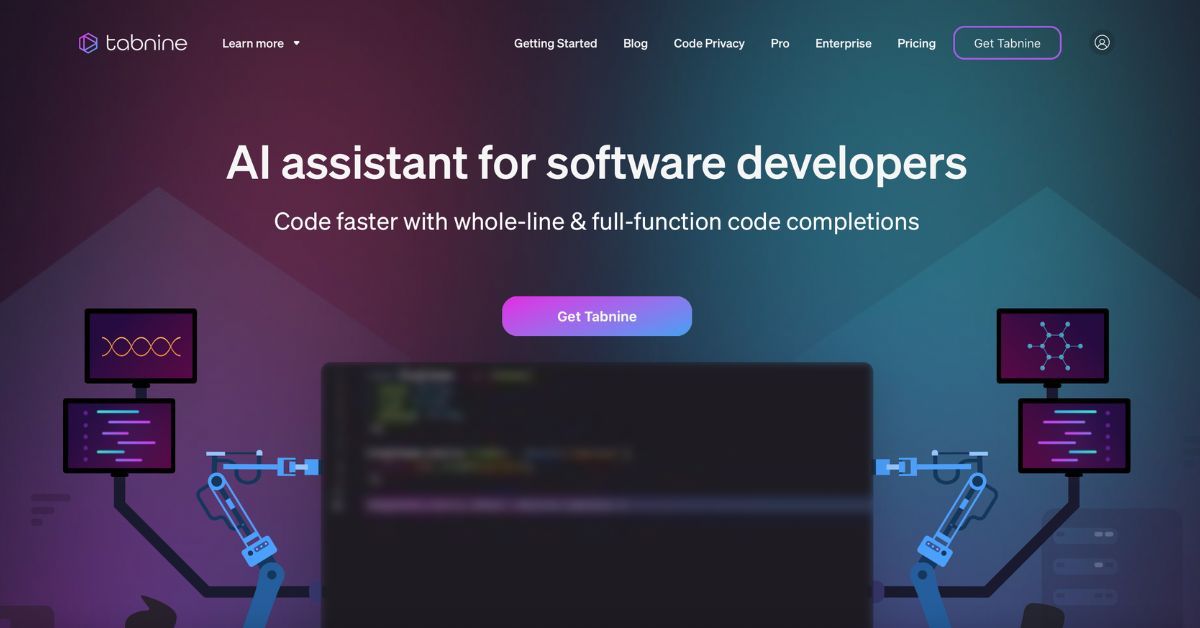With the rapid advancement of artificial intelligence (AI), the programming world is facing a significant turning point. One of the pioneering tools in this wave is The AI Code Editor Cursor—an AI-powered assistant that not only helps write code but also provides automated programming solutions. As AI continues to develop at a blistering pace, we are left wondering: Will programmers still need to write every line of code in the future, or will AI completely automate this process?
What is AI Code Editor Cursor?
The AI Code Editor Cursor is a tool designed to assist programmers by generating code more efficiently. It does so by offering suggestions and completing sections of code based on simple input commands. This allows programmers to reduce their workload and focus on logic and ideas rather than writing every line of code in detail.
For instance, a programmer might write a simple prompt like:
// Generate a function to calculate factorial of a numberThe AI quickly responds with the complete code:
function factorial(n) {
if (n === 0 || n === 1) return 1;
return n * factorial(n - 1);
}
Automation with Cursor: Is Manual Coding Becoming Obsolete?

With tools like Cursor, programming can be automated to a great extent. Instead of figuring out how to implement a search algorithm, you can simply describe the task, and Cursor will take care of the rest.
For example, typing:
// Write a function to search for an element in an array
Cursor responds with the code:
function searchElement(arr, target) {
for (let i = 0; i < arr.length; i++) {
if (arr[i] === target) return i;
}
return -1;
}
While this saves time, it begs the question: Are we moving towards a future where programmers no longer need to write code at all?
The Future of Programming: Developers or AI Managers?

As AI coding assistants like Cursor advance, it’s entirely plausible that in the near future, programmers will not need to manually write code. Instead, their role may shift towards managing AI tools to generate the right code and ensuring its quality.
For instance, rather than writing basic functions, programmers could focus on providing more detailed requirements and reviewing the AI's suggestions. Complex tasks like data processing with specific logic might be handled by AI from a short description.
// Sort an array of objects by a property 'age' in descending order
function sortByAge(arr) {
return arr.sort((a, b) => b.age - a.age);
}
This demonstrates the growing strength and efficiency of AI, but also signals a shift in the programmer's role.
The Power and Limitations of AI Cursor
While Cursor can assist in quickly generating code, there are still some limitations and challenges that programmers must navigate:
-
Automation Does Not Equal Optimization
AI can produce code rapidly, but that doesn’t mean it will always generate the most optimized solution. In scenarios requiring high performance or resource optimization, the AI’s solution might fall short. -
Security and Control
Current AI tools are not equipped to detect or resolve complex security vulnerabilities automatically. While Cursor may create functional code, ensuring the security of that code still depends on the programmer's expertise. Over-reliance on AI could lead developers to overlook crucial security aspects. -
Creativity and Problem-Solving
One of the most critical skills in programming is problem-solving. Relying heavily on AI to solve problems could erode this skill, making developers passive rather than proactive in finding creative solutions.
Is There Still Room for Human Programmers?
AI and tools like Cursor are undoubtedly transforming programming, potentially reducing the need for traditional code writing. In the near future, programmers may shift their focus to supervising AI, ensuring the quality of the code, and optimizing performance.
However, the human role in programming remains crucial. AI, no matter how advanced, cannot replicate human creativity, critical thinking, and the ingenuity needed to solve complex problems.
The future of programming may involve a blend of human and AI collaboration, with developers not just writing code but guiding and controlling AI to generate secure, high-quality, and efficient code. While AI can write code, it’s the programmers who will steer its direction.
In conclusion, while programming is changing, human involvement will remain the key to the success of any AI-driven tool. AI might be able to write the code, but it is the developer who controls the AI.
